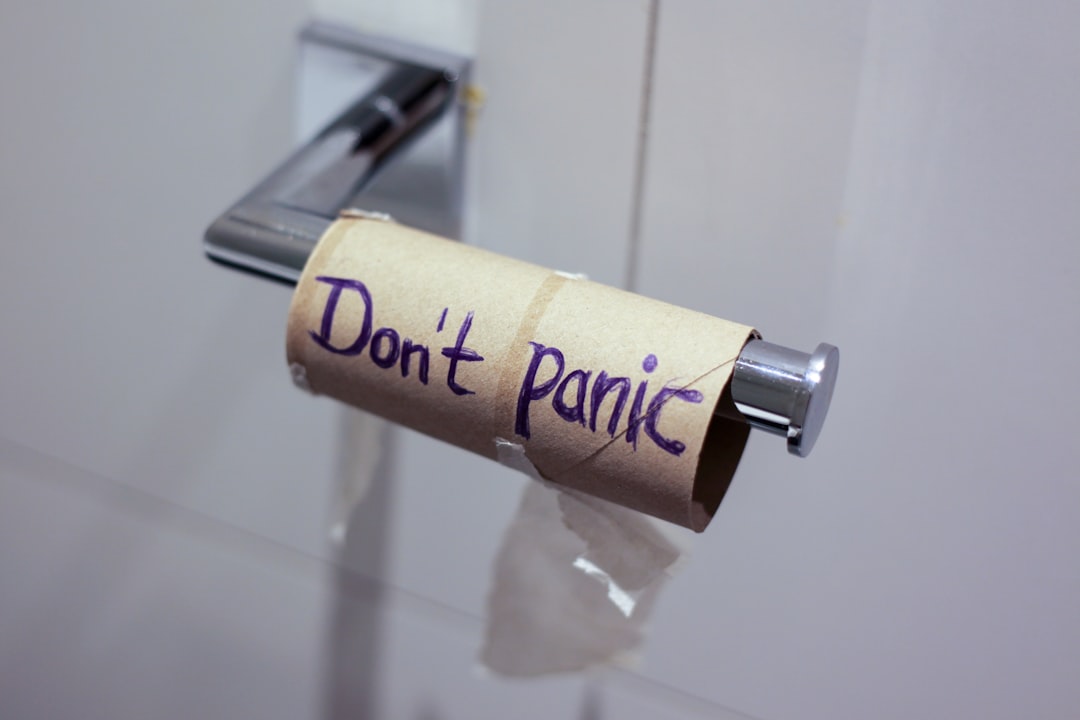Is Germany in permanent decline?
Some worry that Germany is never going to recover from its current malaise. Others say it's just a blip.

Dear Reader,
Germans haven’t been in such a pessimistic mood for years.
The apparent stability of the Merkel era convinced the mainstream of society that their politicians were competent custodians of the public finances and that the economy was in a period of stable growth.
Within a year though, that mood of optimism has imploded. Germans are now more likely than not to say that the country is in a bad state of economic health — a perception shaped less by any single shock than by Germany’s gradual economic decline (even though the vast majority say that they are doing well economically). And for the first time in over a decade, people say that no party can be trusted to run the economy.. And for the first time in over a decade, people say that no party can be trusted to run the economy.
It isn’t just the public that thinks that the end is nye.
A remarkable report by the state-owned KfW bank warned last month that an era of stagnation and shrinking wealth awaits. 70 years of uninterrupted economic growth are drawing to a close, the bank warned. “The foundation for further prosperity is crumbling.”
The report cited an emerging crisis of staff shortages in the labour market and a lack of productivity growth as the central threats to the economy. With the baby boomers putting on their slippers after having proved to be one of the least productive generations between the sheets in human history, a demographic crisis looms.
And then there is the fact that energy markets have been turned on their heads by Russia’s brutal war. The good times under Merkel, when German companies were ‘export world champions’, were based in part on buying cheap Siberian gas. Now that the opium of the German economy has been taken away in a kalten Entzug, some economists fear that higher production costs will make German goods too expensive to sell abroad.
And, all at once, a country that was once a well-oiled machine is showing signs that it won’t pass its next TÜV. In a long essay on the state of modern Germany, the liberal weekly Die Zeit fretted recently that “things are falling apart.”
Hospitals are on the brink of collapse, patients aren’t getting the medication they need, no one can find a tradesman, there aren’t enough carers in kindergartens, and the staff who have been brought in to plug the widening gaps in the labour are hopelessly ill-qualified, the article lamented.
“There's a dull underlying tone that's been getting louder since the pandemic: Somehow things don’t work anymore, and that feeling is here to stay,” the article surmised.
Can anything be done to reverse the rot?
According to the report by the KfW bank, only radical solutions will do. The underlying issue of labour shortages can only be dealt with through a double-pronged strategy of driving down unemployment and pushing up immigration. In particular, more women need to be encouraged into work through state investment in day care. Meanwhile, a spending drive on immigration offices is needed to deal with the huge backlog of visa applications. Lastly, public money needs to be spent on technologies that will improve the productivity of each individual worker.
Some suspect though that the malaise runs deeper.
On a recent trip back to his homeland, Der Spiegel’s US correspondent, René Pfister, observed that Germany had been overcome by a “moral dogmatism” that made it more concerned with futile acts of symbolic patriotism than pragmatic solutions to major crises.
Commenting on a recent public debate on whether people should take cold showers to save a few watts of electricity, Pfister retorted: “I’ve not got anything against frugality… but I wonder why Germans don’t discuss how to replace Putin’s gas with the same passion. We are sitting on energy reserves that could supply the country for more than ten years. But because fracking is a technique that Germans find unacceptable, they prefer to buy gas extracted in Pennsylvania using the very same method.”
In other words, German Angst - that character trait that makes Germans freeze when faced with big decisions - has returned (if it ever went away) and it hasn't just infected the Chancellor when he has to think about tank supplies for Kyiv. A risk-averse society can’t make the changes that are necessary to deal with the (relative) hardships of the 21st century.
And yet, there is another reading of the situation… a more optimistic one.
German angst is indeed back, argues economist Thomas Fricke in Der Spiegel. But it is the “irrational angst about our own downfall.” In truth, the prophets of German doom have been repeatedly wrong in the past and they are probably wrong this time too, he argues.
All of the hand-wringing about our reliance on cheap Russian gas doesn’t stand up to economic analysis, he claims. Only a small proportion of German industry that uses excessive amounts of gas for production is affected - and these normally have big profit margins that will protect them against the risks.
Fricke’s hopeful conclusion: “No matter how you look at it: the Germans will in all probability not go under this time - at least not in the core of their industry and in terms of prosperity.”
This is a free email to everyone on my mailing list, please share it to help grow my audience.



My guess is that Germany will be OK, because the electorate in Germany is more realistic than in most comparable countries, the UK in particular. Germans don't seem to suffer from the illusion that they can have world-class public services with low levels of taxation. Hence Germany's relatively low levels of debt. Germans also save more than Anglo-Saxons, which helps.
Just shared it with Expats Germany on FB.